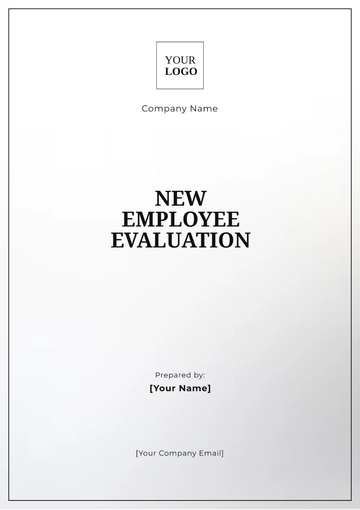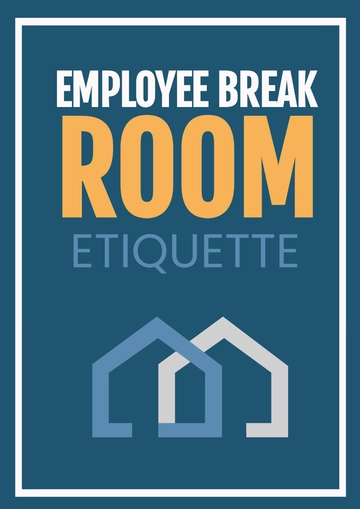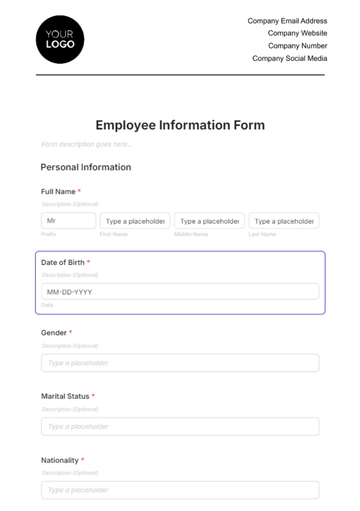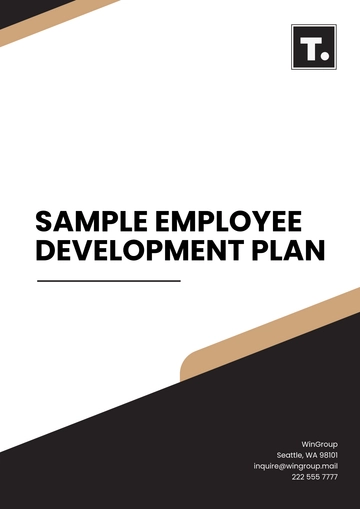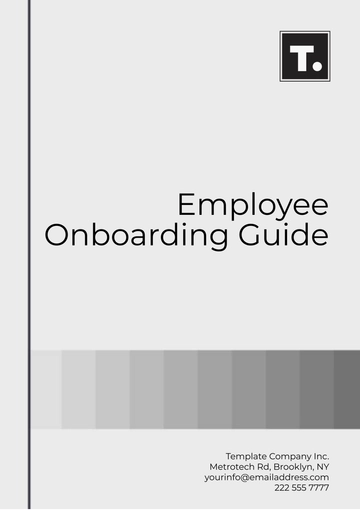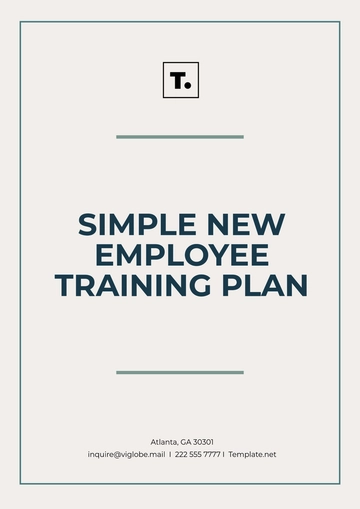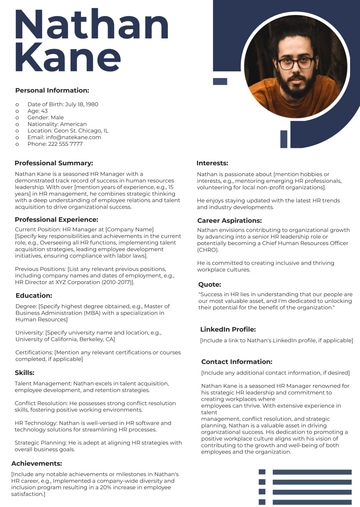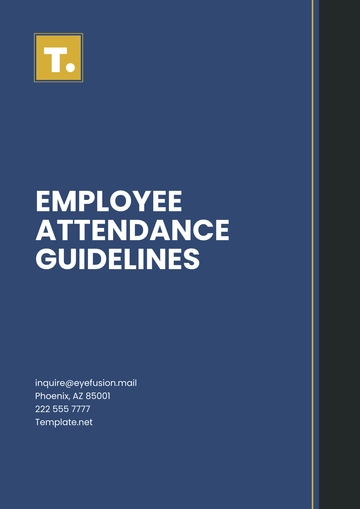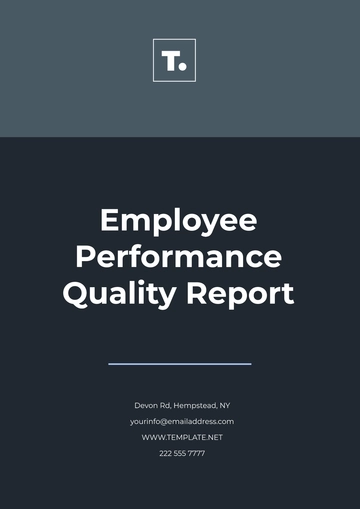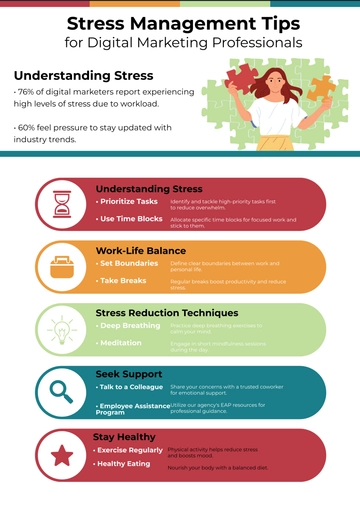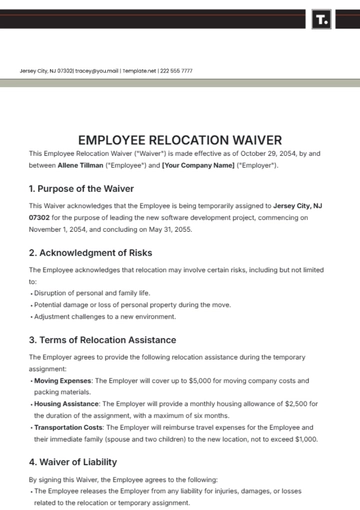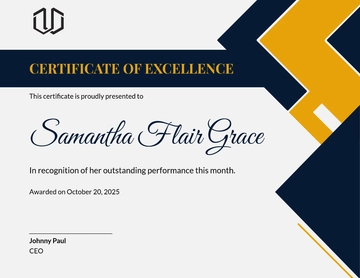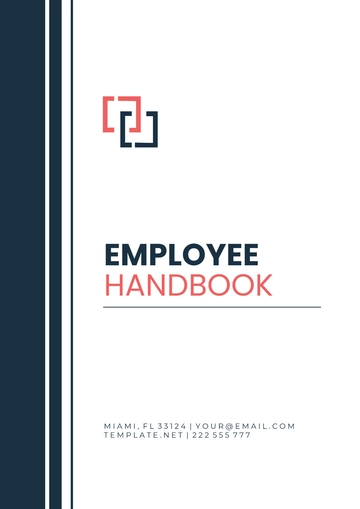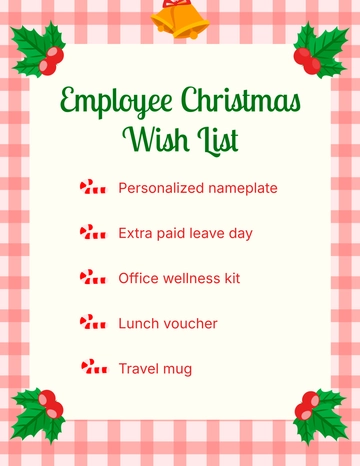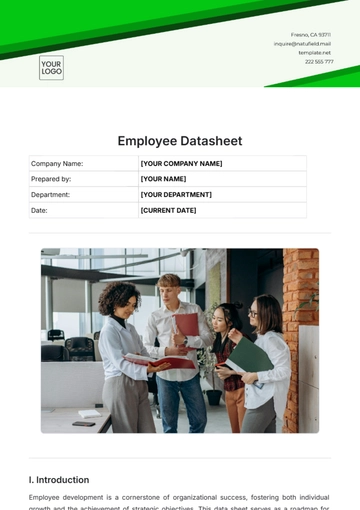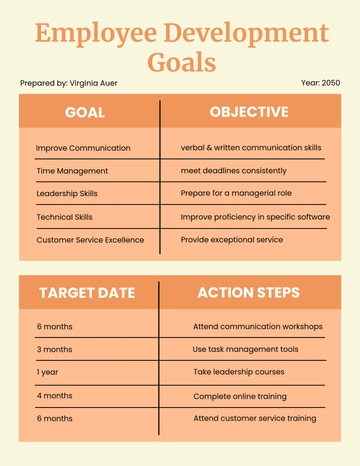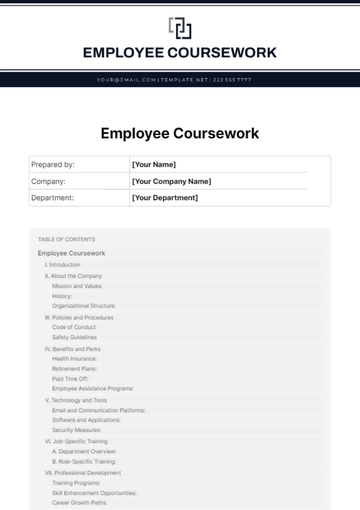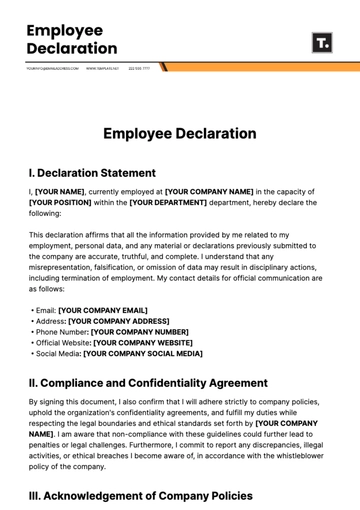Free Employee Housing and Accommodation Benefits Study HR
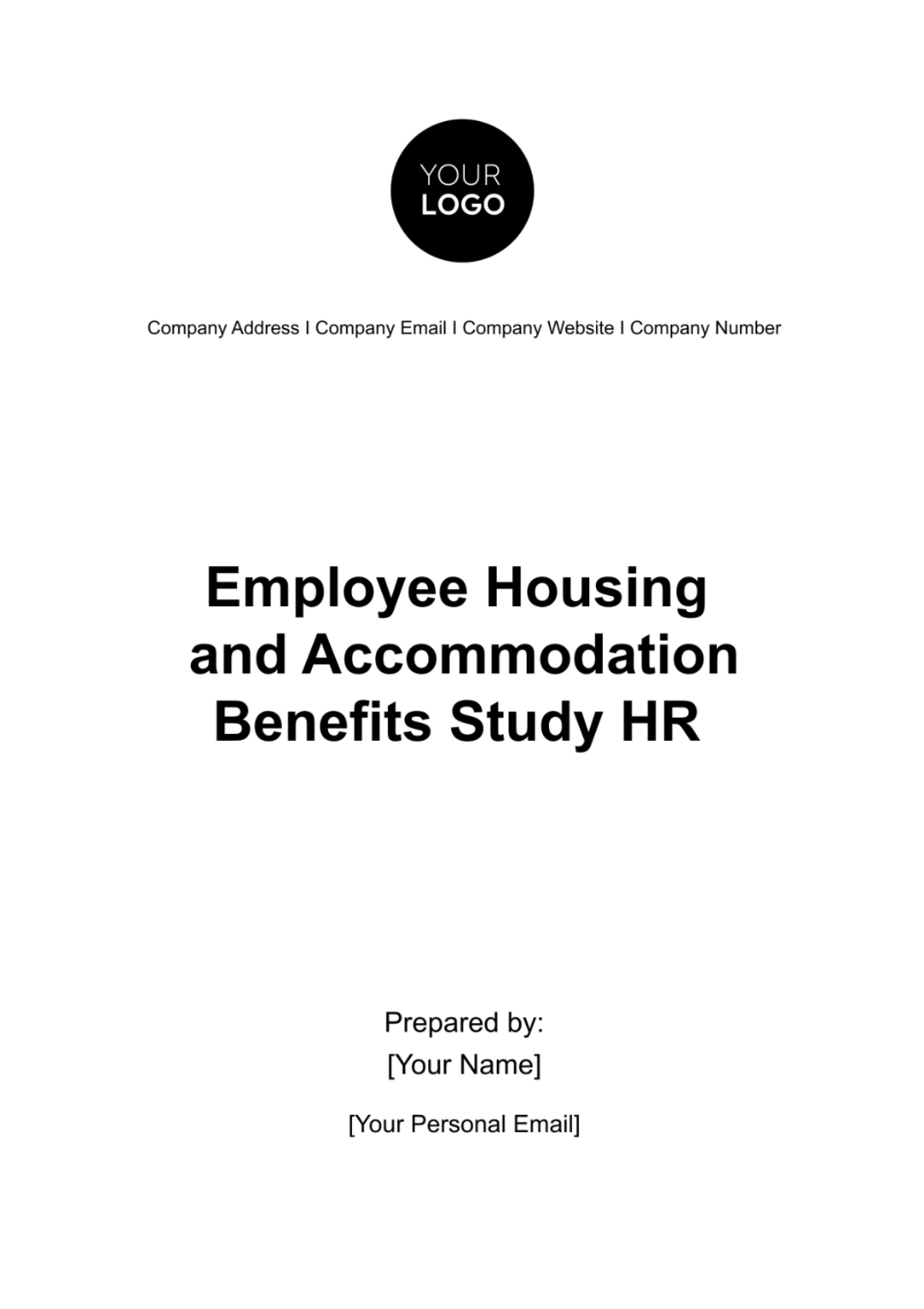
INTRODUCTION
Purpose
The Employee Housing and Accommodation Benefits Study serves a dual purpose within [Your Company Name]. Firstly, it aims to ensure that employees across diverse business sectors receive fair and equitable housing and accommodation benefits. Secondly, it seeks to establish transparent policies and procedures for administering these benefits, thus fostering employee satisfaction and retention.
Scope
This study encompasses a wide range of housing and accommodation benefits offered by [Your Company Name] to its employees. It applies to all employees eligible for these benefits and provides a framework that can be tailored to various business units and locations. The study addresses both existing and potential benefits, allowing for scalability and adaptability to changing organizational needs.
DEFINITION OF TERMS
Housing Benefits: The various forms of assistance provided to eligible employees to support their housing and accommodation needs, including company-owned housing, rental subsidies, and housing loans.
Company-Owned Housing: Residential properties owned by the company and allocated to eligible employees for their use.
Rental Subsidies: Financial assistance provided to employees to help cover the cost of renting accommodation.
Housing Loans: Loans extended to eligible employees to facilitate homeownership or housing-related expenses.
EMPLOYEE HOUSING AND ACCOMODATION BENEFITS POLICY
Eligibility
Employees eligible for housing and accommodation benefits must meet a set of criteria that may vary based on business unit, location, and role within the organization. These criteria include factors such as job level, tenure, and specific business requirements. The HR department reviews and verifies eligibility for each applicant.
Types of Housing Benefits
The Employee Housing and Accommodation Benefits Policy offers three distinct types of housing benefits to eligible employees. Each benefit type is designed to cater to different housing needs and circumstances. The following table provides a comprehensive overview and interpretation of these benefit types:
BENEFIT TYPE | DESCRIPTION |
|---|---|
Company-Owned Housing | Company-owned housing refers to residences owned and maintained by [Your Company Name], which are allocated to eligible employees based on their job roles, seniority, and specific business needs. This benefit aims to provide employees with convenient, on-site housing solutions, reducing commuting time and enhancing work-life balance. Occupants are typically responsible for basic utilities and maintenance, while the company covers property-related expenses. |
Rental Subsidies | Rental subsidies assist employees in covering the cost of rented accommodation. Subsidy amounts are calculated based on specific criteria, including income levels, family size, and location-based cost-of-living indexes. These subsidies are intended to alleviate the financial burden of renting a residence, making housing more affordable for employees. The goal is to enhance overall employee well-being and financial stability. |
Housing Loans | Housing loans enable eligible employees to access financial support for homeownership. These loans come with favorable terms and conditions, including competitive interest rates, extended repayment periods, and flexible installment plans. Housing loans empower employees to achieve homeownership, build equity, and secure their long-term financial future. The company's support extends beyond the workplace, helping employees lay down roots and invest in their communities. |
Housing Allowance | Housing allowance is a financial benefit provided to employees to offset the cost of housing, whether rented or owned. This allowance is typically calculated based on factors such as job level, location, and family size. It offers flexibility, allowing employees to choose their housing arrangements while receiving financial support from the company. |
Temporary Housing Assistance | Temporary housing assistance provides support for employees who require short-term housing due to job-related relocations, assignments, or travel. It covers expenses associated with temporary accommodations, including hotels, serviced apartments, or other approved lodging options. This benefit ensures that employees have a comfortable and convenient place to stay during transitional periods. |
Benefits Calculation
The calculation of housing benefits varies depending on the benefit type. Detailed formulas and criteria for each benefit type are outlined in separate policy documents, ensuring transparency and consistency in benefit allocation.
Payment Schedule
The payment schedule for housing and accommodation benefits is standardized, with disbursements typically occurring on a monthly basis. These payments are processed through the regular payroll system, and employees can access detailed payment dates through the [Your Company Name] HR portal.
COMPANY-OWNED HOUSING
Allocation Process
The allocation of company-owned housing is conducted through a fair and transparent process designed to meet the specific needs of our employees. When a housing need arises, employees may submit an application through the HR department, indicating their preferences and requirements. The allocation process takes into consideration factors such as seniority, family size, and job location. Once an application is received, it is reviewed by the housing allocation committee, which is responsible for ensuring an equitable distribution of available company-owned housing units.
Upon approval, employees are assigned a suitable housing unit that aligns with their preferences and needs. This allocation process aims to provide employees with comfortable and convenient housing options while maintaining fairness and impartiality.
Maintenance and Usage
Employees residing in company-owned housing are expected to maintain the property in good condition. This includes routine maintenance tasks such as cleaning, minor repairs, and adhering to established guidelines for the proper use of utilities and common areas. Any major maintenance or repair needs should be promptly reported to the housing management team for resolution.
The usage of company-owned housing is intended solely for the accommodation of the employee and their immediate family members. Subletting or using the property for commercial purposes is strictly prohibited. Failure to comply with these usage guidelines may result in the termination of housing benefits.
Termination of Housing Benefits
Company-owned housing benefits may be terminated under certain circumstances, including but not limited to:
Voluntary request by the employee.
Termination of employment with [Your Company Name].
Violation of company housing policies, including unauthorized alterations or subletting.
Failure to report required maintenance issues leading to property damage.
In the event of housing benefits termination, the employee will be provided with a reasonable notice period to vacate the premises and make alternative housing arrangements. Any outstanding financial obligations related to the housing arrangement must be settled before departure.
RENTAL SUBSIDY
Eligibility
Employees eligible for rental subsidies must meet specific criteria established by [Your Company Name]. Eligibility is typically determined based on factors such as income level, job location, and family size. Employees interested in applying for rental subsidies should consult the HR department for detailed information on eligibility requirements.
Subsidy Calculation
The calculation of rental subsidies takes into account various factors, including the employee's monthly rent, household income, and prevailing local rental market conditions. The goal is to provide financial support that eases the burden of housing costs while ensuring that subsidies are distributed fairly among eligible employees.
The specific formula used for subsidy calculation may vary depending on the employee's location and circumstances. Employees approved for rental subsidies will be provided with a detailed breakdown of the subsidy amount they are eligible to receive.
Reimbursement Process
Employees receiving rental subsidies are required to submit monthly or periodic rent receipts to the HR department for reimbursement. The reimbursement process ensures that employees receive the agreed-upon subsidy amount in a timely manner. Detailed guidelines and submission deadlines for reimbursement requests can be found in the [Your Company Name] housing benefits policy.
Termination of Rental Subsidies
Rental subsidies may be terminated under certain circumstances, including:
A change in the employee's financial situation that no longer meets the eligibility criteria.
Employee's relocation to an area where rental subsidies are not applicable.
Violation of company housing benefits policies.
Termination of employment with [Your Company Name].
Employees whose rental subsidies are terminated will be provided with a notice period during which they must make arrangements to cover their full rental costs. It is essential to comply with the terms and conditions outlined in the housing benefits policy to maintain eligibility for rental subsidies.
HOUSING LOANS
Loan Eligibility
Employees eligible for housing loans must meet specific criteria to ensure responsible and equitable distribution of this benefit. Eligibility criteria include, but are not limited to:
Length of Service: | Generally, employees who have completed a minimum of 2 years of service with [Your Company Name] are eligible to apply for housing loans. |
Employment Status: | Eligibility may also be contingent on the employee's employment status, including full-time, permanent employment. |
Loan Terms and Conditions
Housing loans are provided under a set of terms and conditions designed to facilitate affordable homeownership for eligible employees. Key aspects of housing loan terms and conditions include:
Interest Rates: Housing loan interest rates are competitive and are subject to market conditions at the time of loan approval.
Loan Amount: The maximum loan amount is determined based on the employee's salary, creditworthiness, and prevailing real estate market conditions.
Repayment Period: Employees can choose from a range of repayment periods, typically ranging from 2 years to 5 years.
Collateral: In some cases, housing loans may require collateral, such as the property being purchased.
Loan Purpose: Housing loans are exclusively for the purpose of purchasing residential property or financing home improvements.
Repayment Process
Repayment of housing loans is structured to ensure ease and affordability for employees. The repayment process involves the following components:
Monthly Deductions: Loan repayments are deducted directly from the employee's salary on a monthly basis.
Amortization Schedule: Each employee will receive an amortization schedule outlining the repayment amount, schedule, and interest calculation method.
Loan Prepayment: Employees have the option to make prepayments on their housing loans, which can help reduce the overall interest paid and shorten the loan term.
Loan Servicing: The HR department will oversee the loan servicing, ensuring accurate and timely deductions and assisting employees with any loan-related inquiries.
Loan Termination
Housing loans may be terminated under various circumstances:
Full Repayment: Upon complete repayment of the housing loan, including principal and interest, the loan is considered terminated.
Resignation or Termination: In the event an employee resigns or is terminated, any outstanding housing loan balance becomes due, and the company may require immediate repayment.
Violation of Loan Terms: Violation of the terms and conditions of the housing loan agreement may result in loan termination and potential legal actions.
COMPLIANCE AND REPORTING
Record Keeping
[Your Company Name] maintains meticulous records related to housing and accommodation benefits to ensure compliance with legal requirements and for audit purposes. Employees are encouraged to keep their own records of loan agreements, payment receipts, and any correspondences related to their housing loans.
Tax Implications
Employees receiving housing loans should be aware of potential tax implications. Housing loans may have implications for taxable income, deductions, and reporting requirements. It is advisable for employees to consult with a tax professional to understand their specific tax situation.
Reporting Requirements
To maintain transparency and compliance, employees are required to adhere to the following reporting requirements:
Loan Updates: | Employees must promptly report any changes in their loan status, including early repayments, defaults, or changes in employment status. |
Tax Reporting: | Employees are responsible for accurately reporting any taxable housing loan benefits on their annual tax returns in accordance with applicable tax laws and regulations. |
APPEALS AND DISPUTES
Procedure for Appeals
Employees have the right to appeal decisions related to housing and accommodation benefits. The appeals process at [Your Company Name] is designed to provide a fair and impartial review of benefit-related disputes. Here's an overview of the appeal procedure:
Initiating an Appeal: Employees wishing to appeal a decision must do so in writing within 5 days of receiving the decision they wish to dispute. The written appeal should be addressed to the HR department and clearly state the reasons for the appeal.
Review Panel: An independent review panel, composed of HR representatives and, if necessary, external experts, will be convened to assess the appeal.
Appeal Meeting: The review panel will schedule a meeting with the employee to discuss the appeal. During this meeting, the employee can present their case, provide evidence, and answer any questions from the panel.
Decision: After the appeal meeting, the review panel will carefully consider all information presented and make a decision within 7 days. The decision will be communicated in writing to the employee.
Implementation of Decision: If the appeal panel's decision is in favor of the employee, the necessary actions to rectify the situation will be taken promptly. This may include adjustments to housing benefits, reimbursements, or other corrective measures.
Finality of Decision: The decision made by the appeal panel is final and binding, and no further appeals within the company are permitted. However, employees still have the option to seek legal remedies if they believe their rights have been violated.
Dispute Resolution
Disputes related to housing and accommodation benefits are taken seriously at [Your Company Name], and every effort is made to resolve them amicably. Here's an overview of the dispute resolution process:
Informal Resolution: Initially, employees are encouraged to attempt an informal resolution of their dispute by discussing the issue with their immediate supervisor or manager. Open communication is key to resolving issues before they escalate.
HR Mediation: If an informal resolution is not possible or unsuccessful, the employee may contact the HR department to request mediation. HR will assign a qualified mediator to facilitate discussions between the parties involved and work towards a mutually acceptable solution.
Arbitration: In cases where mediation does not lead to a resolution, both parties may agree to submit the dispute to binding arbitration. Arbitration is conducted by a neutral third party, and the decision reached is legally binding.
Legal Action: If all internal dispute resolution methods are exhausted, employees have the right to seek legal action outside of the company. [Your Company Name] will cooperate fully with any legal proceedings related to housing and accommodation benefit disputes.
Confidentiality: All parties involved in the dispute resolution process are expected to maintain confidentiality and respect the privacy of sensitive information throughout the proceedings.
CONCLUSION
The Employee Housing and Accommodation Benefits Study is designed to ensure fairness and transparency in the provision of housing benefits to our diverse workforce. By adhering to the policies and procedures outlined in this study, [Your Company Name] aims to enhance the overall well-being and satisfaction of its employees. This study will be periodically reviewed and updated to align with evolving business needs and industry standards.
[Your Company Name] reserves the right to update and revise this study as needed. For the most current information and policies, please refer to the latest version available on the company's HR portal.
- 100% Customizable, free editor
- Access 1 Million+ Templates, photo’s & graphics
- Download or share as a template
- Click and replace photos, graphics, text, backgrounds
- Resize, crop, AI write & more
- Access advanced editor
Introducing our comprehensive and customizable Employee Housing and Accommodation Benefits Study HR Template. Designed to suit diverse business needs, this study provides clear policies and guidelines for housing benefits. From eligibility to subsidy calculation, it lets you streamline HR processes. Get started with this user-friendly template that is editable with our Ai Editor Tool to ensure equitable treatment for all employees!
You may also like
- Employee Letter
- Employee ID Card
- Employee Checklist
- Employee Certificate
- Employee Report
- Employee Training Checklist
- Employee Agreement
- Employee Contract
- Employee Training Plan
- Employee Incident Report
- Employee Survey
- Employee of the Month Certificate
- Employee Development Plan
- Employee Action Plan
- Employee Roadmap
- Employee Poster
- Employee Form
- Employee Engagement Survey

